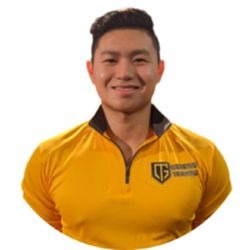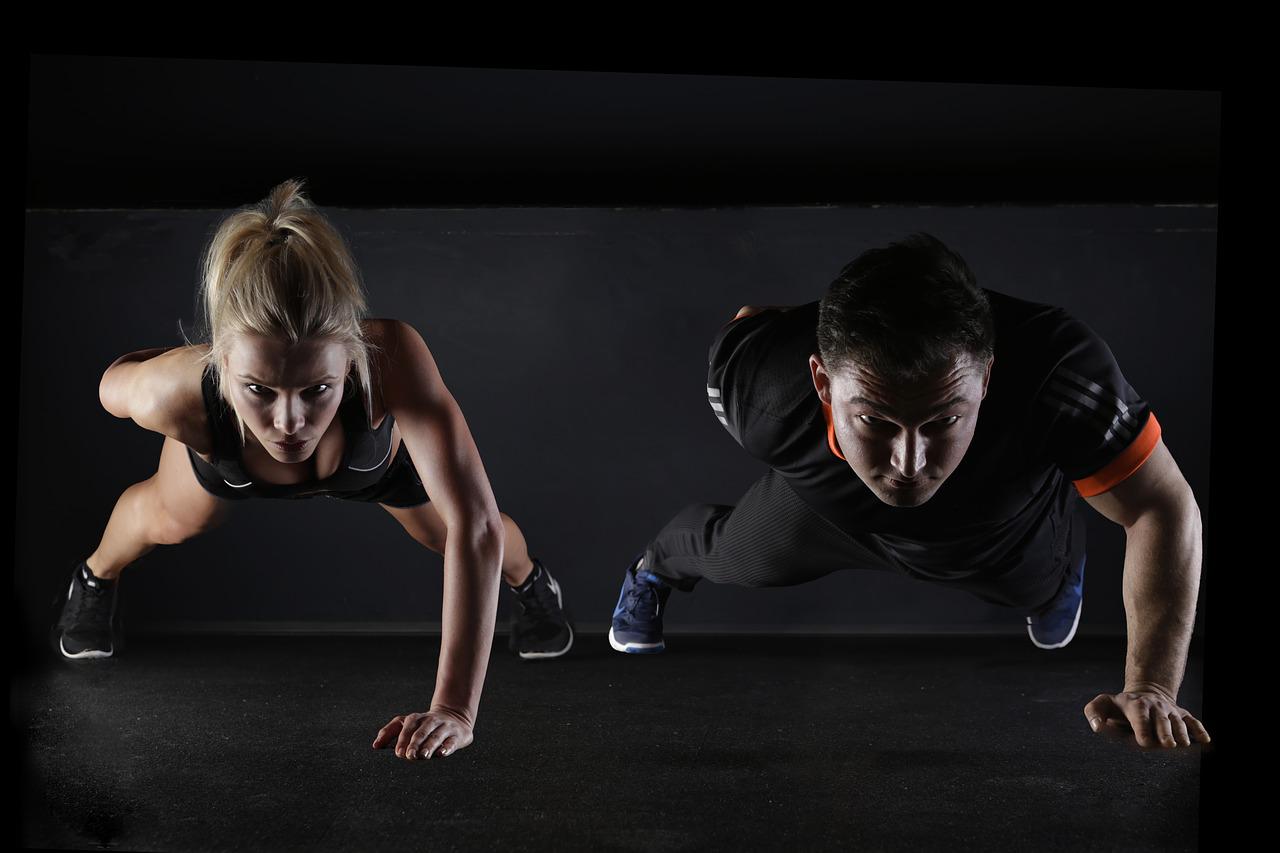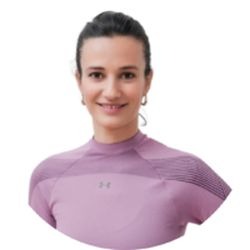Syllabus – Training Methods and Principles
1.Introduction
The best way to achieve the client’s goals is throughout a weekly exercise that is planned upfront and carefully designed for each client. To receive the most of each exercise it is important to follow certain principles of training end exercise. This module “Training Methods and Principles” has purpose to closely explain the most common and most important principles used around the globe.
All these principles should be followed to get the most from exercise programs and improve physical fitness and sports performance.
These principles explained in this module are general fundamental principles of exercise science and apply to all athletes. Of course, you don’t need to follow every one of them all the time. Many people want to get in better shape, improve sports performance, get better at a particular fitness discipline, or avoid stalling and back-slides. In that case, these fundamental rules are the hidden force behind the ability to change your fitness level, according to exercise science.
2.Objective
The objective of this module is to teach the future fitness professionals how to use and implement most important methods and principles of training. Each of the six most important principles will be explained in detail during this course.
Using this principle with your clients will help them to get the most out of their trainings and to get them faster towards their initial goals. Goal of this module is also to teach students how to combine these principles in daily workout and planned the training in most efficient way but also to fully respect basic fitness and physical principles.
When we talk about the most important principles we often speak about six of them and they are:
- Specificity
- Overload
- Progression
- Reversibility
- FITT
- Individual Difference
3.Content
- Bioenergetics, Anatomy, and Physiology of Muscles
- Adaptations to Anaerobic Training Programs
- Age & Sex Related Differences for Resistance Exercise
- Exercise Technique for Free Weight and Machine Training
- Exercise Technique for Alternative modes and Nontraditional Implement Training
- Adaptations to Aerobic Endurance Training
- Cardiovascular Training Methods
4.Useful links
LINKS
- Exercise Principles | Certified Fitness Coach | NZIHFHow To Build Your Own Workout Routine (Plans & Exercises) | Nerd Fitness
- 8 Training Principles – A Guide to Physical Activity (umn.edu)30 Minute Workout Programs for Busy Clients – NASM
- 7 Principles of Exercise and Sport Training (teamusa.org)
LITERATURE:
- Principles of Sports Training: Introduction to the Theory and Methods of Training by Dietrich Harre
- Resistance Training Methods: From Theory to Practice by Alejandro Muñoz-López(Editor), Redha Taiar (Editor), Borja Sañudo (Editor)
- Principles and Practice of Resistance Training by Michael H. Stone(Author), Meg Stone (Author), William A. Sands (Author)
Course Features
- Lectures 8
- Quizzes 1
- Duration 3 hours
- Skill level All levels
- Language English
- Students 10
- Assessments Yes












